From traditional bristle brushes to modern silicone designs, dish brushes have evolved to meet diverse needs, offering ergonomic handles for comfort, antimicrobial properties for safety, and eco-friendly materials for sustainability. Whether tackling stubborn food residue or preserving delicate cookware, their versatility and efficiency make them a cornerstone of daily cleaning rituals, proving that even the most mundane tools can transform routine chores into effortless tasks.
Our Best Dish Brushes:
1. OXO Steel Soap Dispensing Dish Brush
2. Full Circle, Green Bubble Up Bamboo Dish Brush
3. ANERONG Multi-Purpose Dish Scrub Brush Set
It is designed with an ergonomic, non-slip grip to make scrubbing easier and reduce hand fatigue. Some variants of the set include a soap-dispensing feature for added convenience. It is perfect for cleaning dishes, glassware, cutting boards, and even countertops.
4. KitchenAid Soap Dispensing Sink Brush
5Joseph Joseph SinkTech Dish Brush
6. Scotch-Brite Pot Pan & Dish Brush
7. Full Circle Tenacious C Bamboo Dish Brush
How to Choose the Best dish brush for your kitchen?
Choosing the right dish brush can make dishwashing easier and more efficient. Here are key factors to consider when selecting the best one for your needs:
1. Bristle Type: Soft Bristles: Ideal for delicate glassware, nonstick pans, and dishes to prevent scratches.Firm Bristles: Best for scrubbing stubborn grime on pots, pans, and cutting boards.Plant-Based Bristles: Eco-friendly and biodegradable, often found in bamboo dish brushes.
3. Size and Shape: Compact Brushes: Great for small sinks and tight spaces.Long-Handled Brushes: Provide better reach and keep hands away from hot water.Bottle Brushes: Designed for cleaning narrow-necked bottles and glasses.
Our Expertise:
FAQS:
1. What is a dish brush used for?
This brush is used for cleaning dishes, pots, pans, and other kitchen utensils. It helps remove food residues and grease effectively.
2. Are dish brushes better than sponges?
These brushes are more hygienic than sponges since they dry faster and harbor fewer bacteria. However, sponges may be better for scrubbing delicate surfaces.
Rinse the brush thoroughly after each use, and occasionally soak it in a mixture of vinegar and hot water to kill bacteria.
5. Can dish brushes go in the dishwasher?
Some plastic and silicone brushes are dishwasher-safe, but wooden brushes should be hand-washed to prevent damage.
6. How often should you replace a dish brush?
Replace a dish brush every 2-3 months or sooner if the bristles are worn out or dirty.

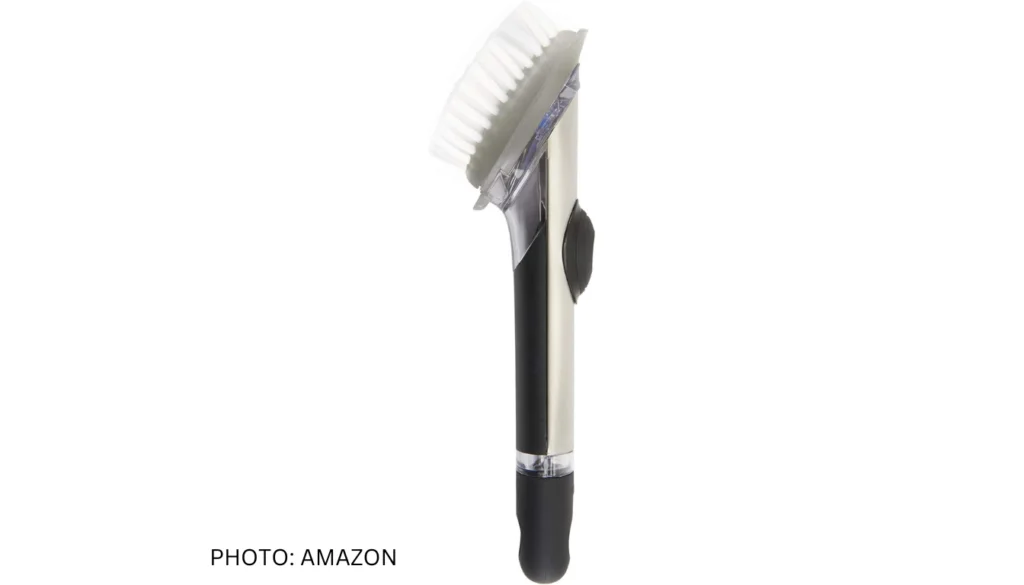
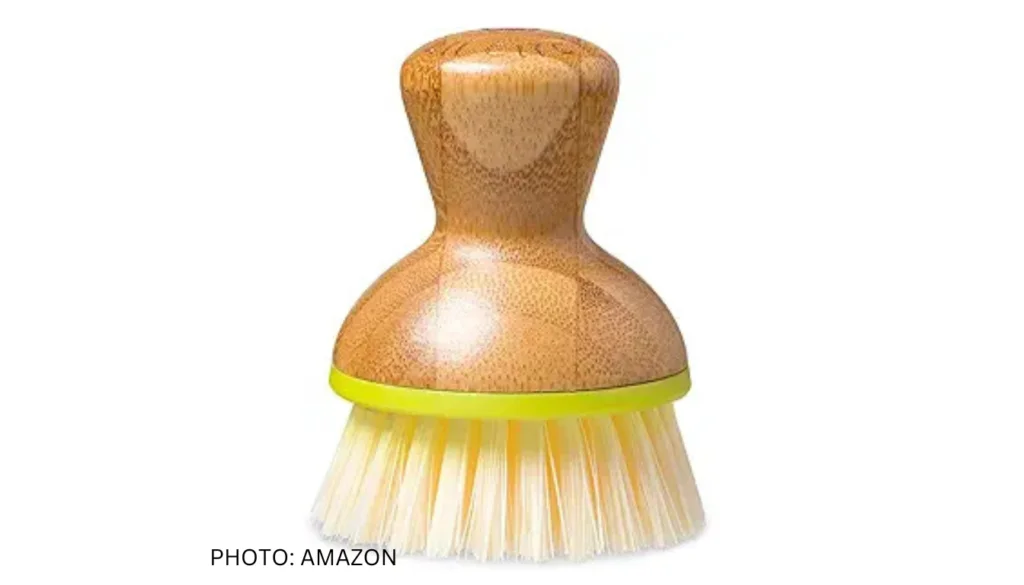
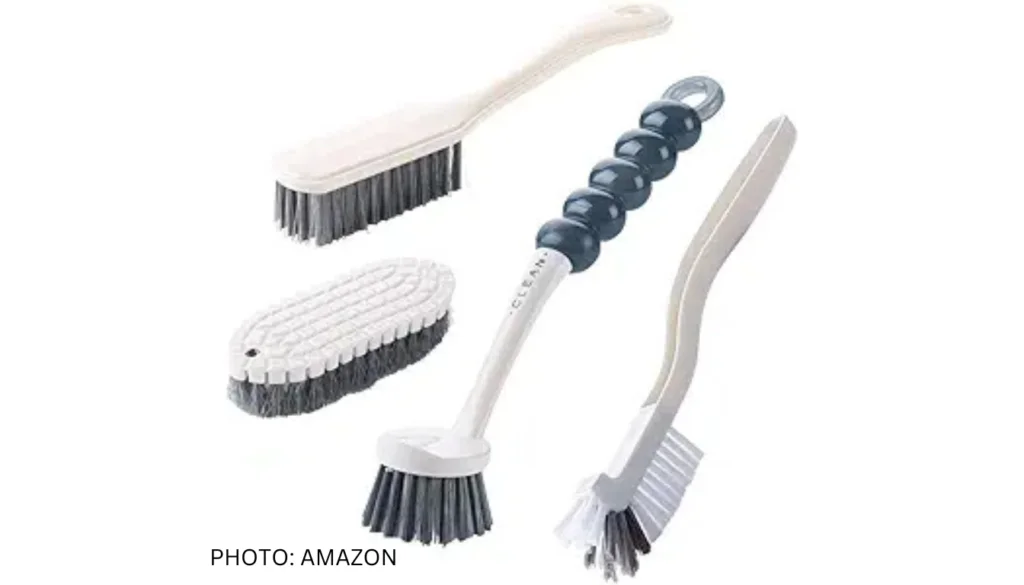
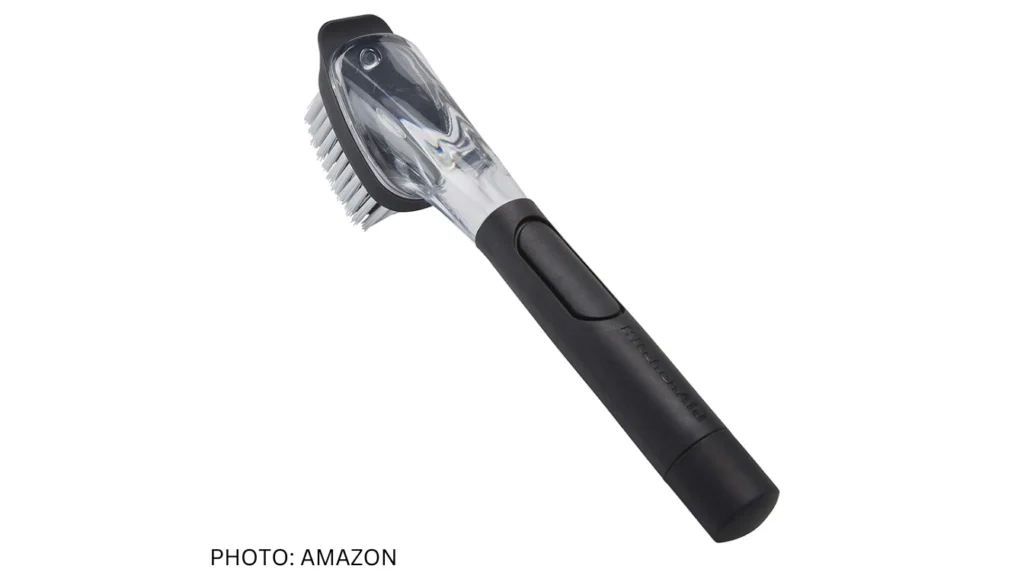
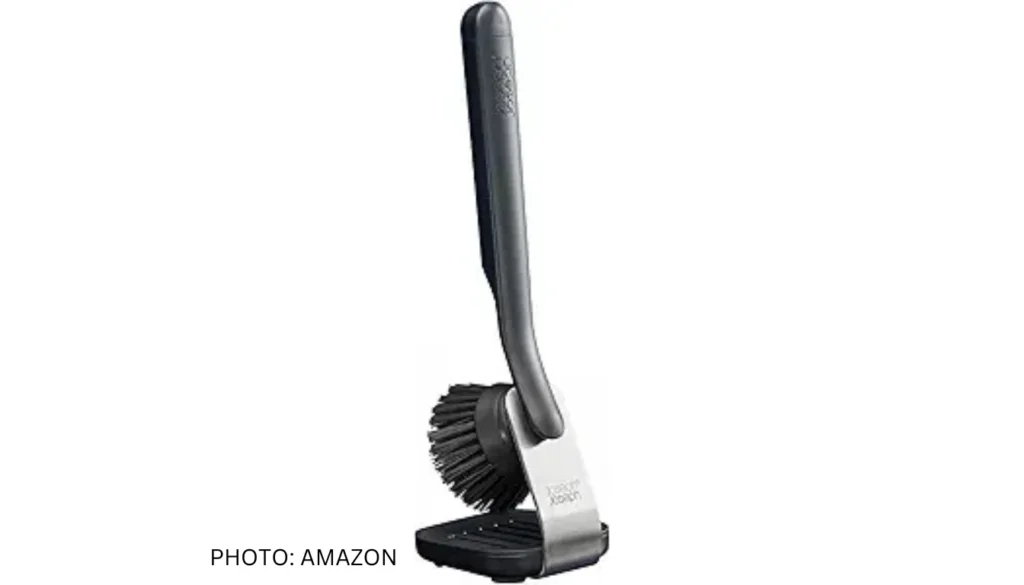
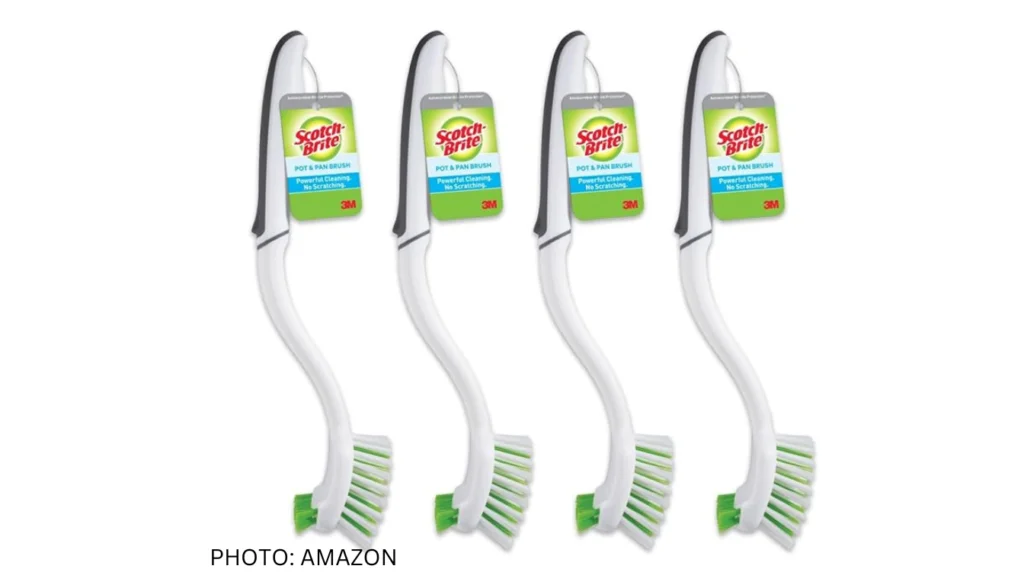
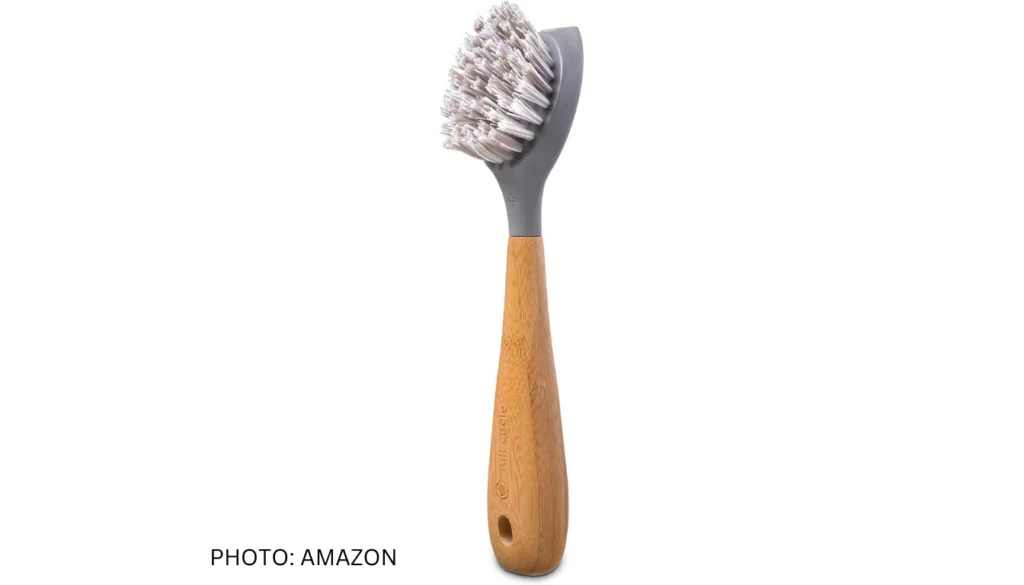
Leave a Reply